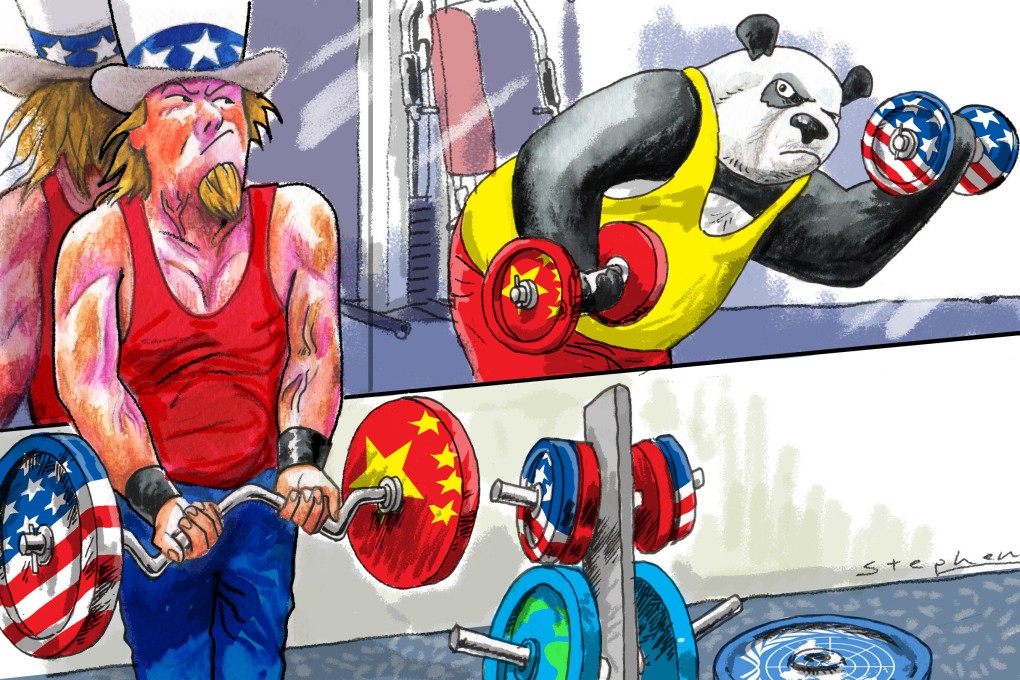Advertisement
Opinion | How greater US-China trust and understanding can help avoid a new cold war
- American calls for dealing with China ‘from a position of strength’ have drawn outrage from Beijing, but what does the phrase actually mean?
- A careful examination shows how mistrust and misunderstanding can exacerbate tensions and thwart efforts to bring the two sides together
Reading Time:4 minutes
Why you can trust SCMP
6

Sino-US relations are complicated and face daunting challenges. Despite worries that the bilateral relationship might become more confrontational, there is significant interest in China, the United States and many other countries in avoiding a new cold war.
There are many things that need to be done to avoid a further deterioration in Sino-US relations. One particular issue is for policy elites in both countries to reduce their mutual misperceptions and misunderstanding.
It will not be easy. However, it might be possible if the two sides continue to engage in dialogue and exchange views in a candid manner.
Advertisement
To examine misperceptions in Sino-US relations, we can look at one particular example. American policymakers have said several times that the US is prepared to deal with China “from a position of strength”. This statement has generated furious reactions from China.
During the March summit in Alaska between senior officials of the two countries, State Councillor Yang Jiechi responded to this by saying “the United States does not have the qualification to say that it wants to speak to China from a position of strength. The US side was not even qualified to say such things even 20 years or 30 years back because this is not the way to deal with the Chinese people.”
The final part of that last sentence was a soft way of translating zhongguo ren bu chi zheyitao – what Yang actually said in Mandarin. The response clearly suggests anger and indignation in response to this particular phrase.
Advertisement
Select Voice
Choose your listening speed
Get through articles 2x faster
1.25x
250 WPM
Slow
Average
Fast
1.25x

